COVID-19: Marine life enjoys freedoms as humans delay posing threats
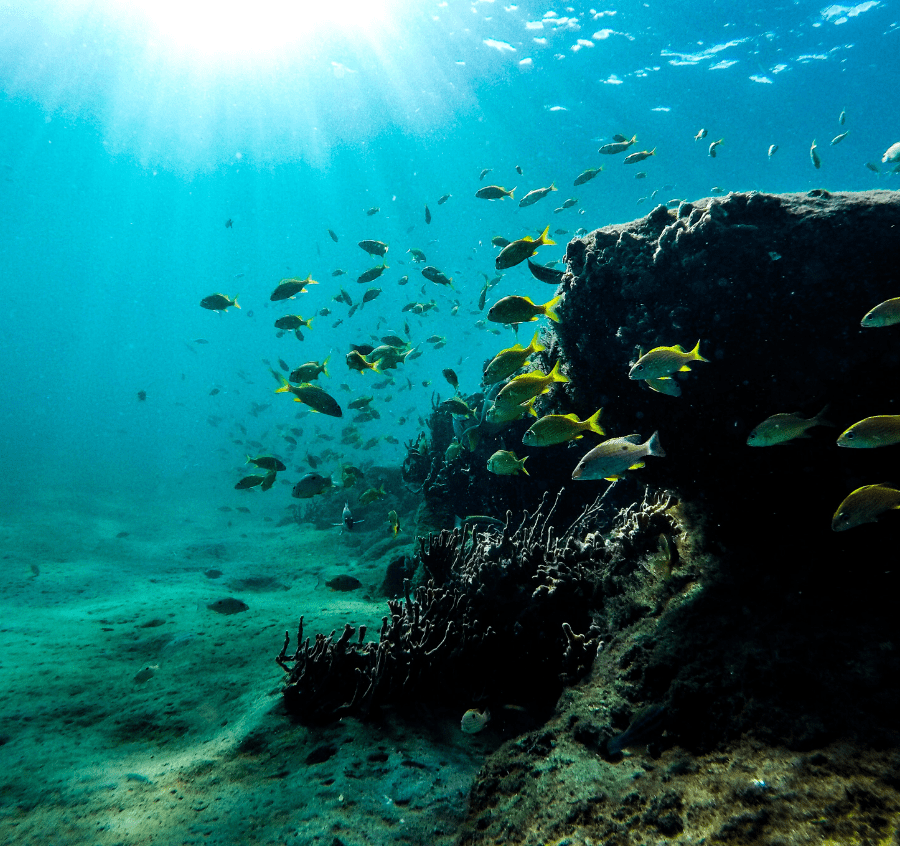
With humans staying indoors due to the threat of COVID-19, wildlife takes this opportunity to fill abandoned spaces. Goats are roaming around Wales, wild boars invading Barcelona, pumas prowling in Chile, and lions strutting on the streets. Aside from that, the marine life seems to be enjoying their new, albeit temporary, freedom.
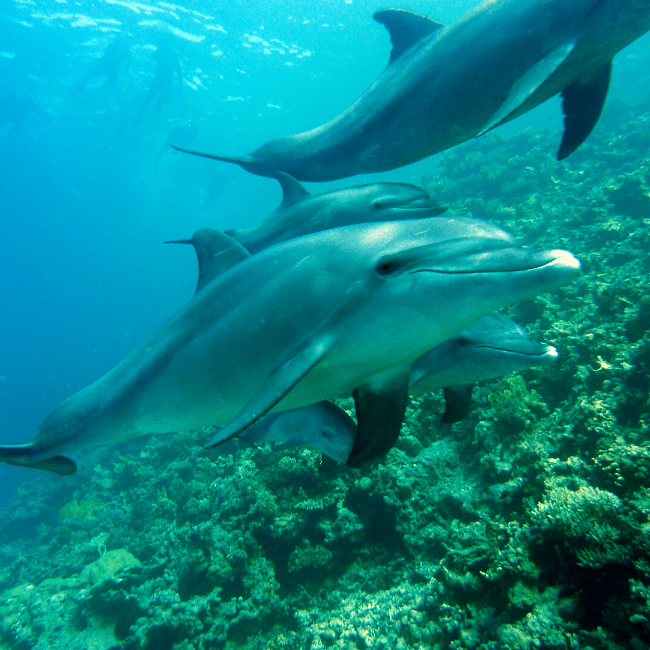
Marine life enjoys freedoms as humans delay posing threats due to COVID-19
Noticeably seen along the Emirati coastline in the United Arab Emirates. In recent weeks, they have seen marine life enjoying freedom. They saw exotic rays flocking to the Dubai Marina while dolphins play around the man-made Palm Jumeirah islands. At the same time, they also saw a large gathering of sharks in Ras al Khaimah.
Dubai-based marine conservation group Azraq founder and president Natalie Banks suggests that the absence of human presence provided breathing space for marine life.
“Marine life is benefiting from there not being as many boats in the water, [like] many people, or as much pollution.”
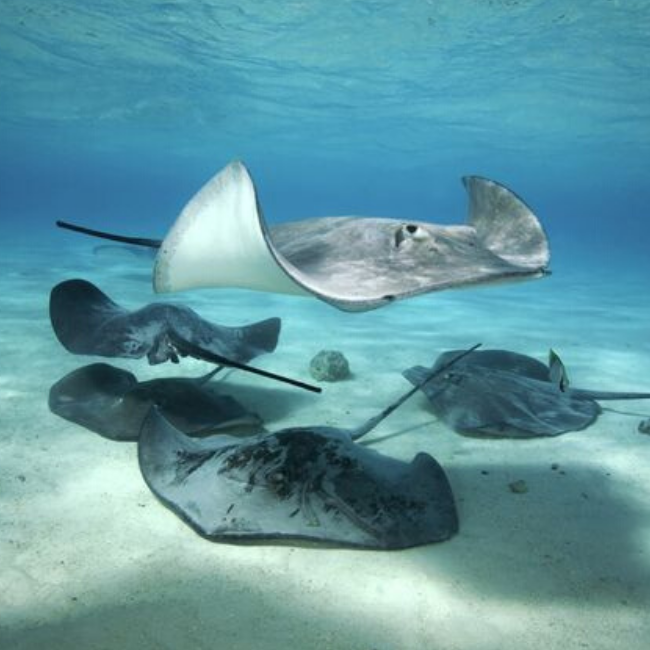
Conservationist points out normal habitats of marine animals
Instead of seeing just one marine animal at a time, they have seen sightings of large groups during COVID-19 lockdowns. This also indicates that the marine species had growing boldness to be in their normal habitats without humans hunting them down. With the heightened visibility of marine species, many conservationists hope to increase the coverage of marine protected areas.
So, conservation groups can guard the marine species to limit the use of anything that could threaten wildlife around the area. However, they have already banned jet skis around areas. This is to avoid disturbing the marine life. However, there are still people who badly harm and affect the water in marine protected areas.
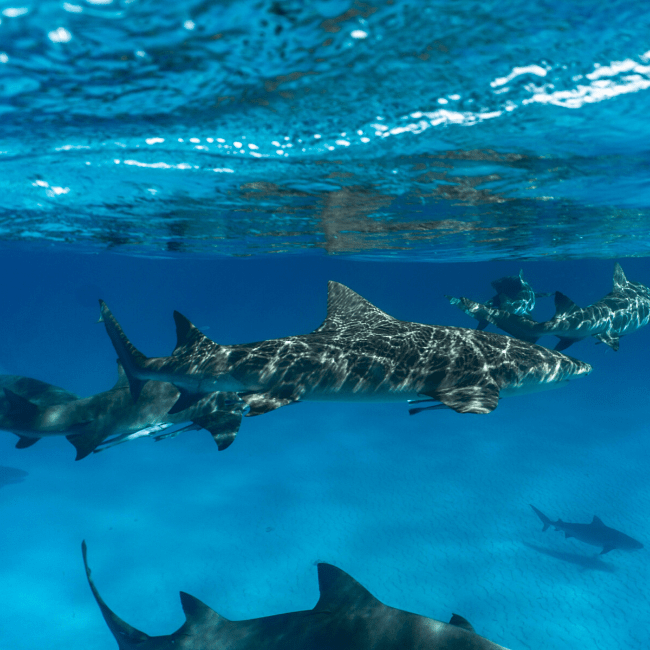
Unusual marine species sightings may only be during COVID-19 lockdowns
Minna Epps, director of the Global Marine and Polar Programme, thinks that the unusual sightings of marine species may be fleeting.
“Tourism activities [will] pick up again, or other kinds of (human) traffic. [That] will reverse the potential benefits that might have occurred. I think the kind of sightings of marine animals we are seeing are likely to be short-lived.”
However, Epps believes that the sightings could potentially last through the management of fishing.
“The biggest impact on marine resources is fishing pressure, and we are seeing the world’s commercial fleets coming to a halt because there has been a huge decline in demand for seafood products. This is where we can see [the] impact…We have seen from other historical events such as wartime and piracy that these bring opportunities for fish stocks to recover.”
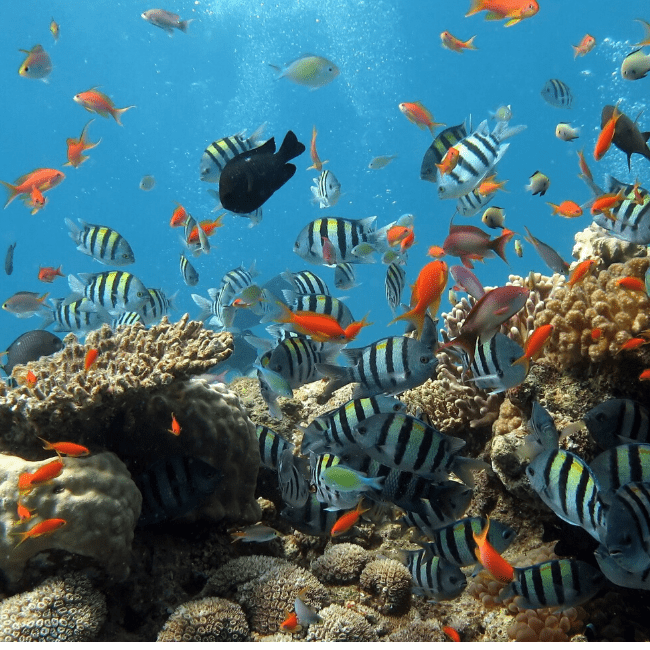
Read more articles from Village Pipol here.
Angela Grace P. Baltan has been writing professionally since 2017. She doesn’t hesitate to be opinionated in analyzing movies and television series. Aside from that, she has an affinity for writing anything under the sun. As a writer, she uses her articles to advocate for feminism, gender equality, the LGBTQIA+ community, and mental health among others.





